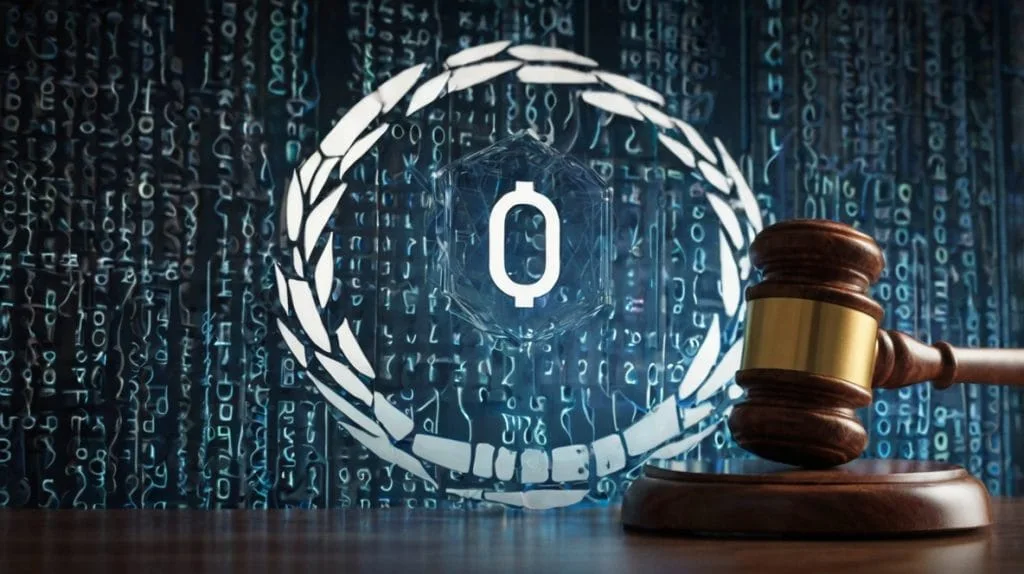Cracking the Code: 5 Serious Damages of Bad Website For Business Starting a business in Australia can be an exhilarating but also challenging experience. From running a local café, then an online store to a professional service, your digital presence is your key to success. However, focusing only on branding and marketing, many small business owners fail to recognize a deadly business killer lurking in the
Cyber Security for Small Financial Businesses Small Financial businesses are a major contributor to the economy. But many of these companies have a dangerously false sense of security because of their relatively small size. But in the digital marketplace of today, every business, regardless of size, is a potential victim of cyber criminals. In this news, we will look at the reasons why cyber security is
Could Your Financial Data Be the Next Target? How to Protect It from Attackers In today’s digital era, financial data is one of the most valuable assets—and also one of the most vulnerable. Whether you’re a large financial institution or a small finance business, cyber criminals are constantly looking for opportunities to exploit weaknesses. As a business owner, safeguarding sensitive client information isn’t just
Don’t Get Blackmailed: How to Harden Your Data with Microsoft CoPilot Readiness You’ve worked hard to take your place at the top of a thriving small medium business, well for example you have a business you can be proud of, built from the ground up. Everything looks good until that alarming email hits your inbox. Someone has sensitive information — information that could potentially
Adapting to Change: How Schools Can Embrace Technology and Never Look Back When the world went into lockdown during the COVID-19 pandemic, schools were left with no choice but to quickly shift to online learning. While some schools already had a digital presence, many were suddenly faced with the overwhelming task of adapting to a completely new way of teaching. One school that managed this
The EOFY Tech Checklist You Didn’t Know You Needed As an accountant at ICTechnology, I've had the privilege of collaborating with colleagues across various departments to understand how technology impacts businesses during the End of Financial Year (EOFY) period. While many business owners focus on finalising their financials, there's an often-overlooked area that can either make or break the smooth transition into the new
Secure, Optimised Real Estate Portals: A Must‑Have for Modern Agencies It is true that consumers depend on technology for nearly everything, and that is especially the case when it comes to searching for properties. Because of this, real estate professionals must ensure that their brand is visible and easily accessible online at all times. Clients should be able to readily find listings, maps, and
Remote Real Estate: How Technology is Fighting Identity Theft Property markets have shifted dramatically toward technological innovation in recent years. Automation of tasks like virtual property tours, e-signatures, and document management via the cloud has eased processes for buyers and renters. At the same time, however, this has made people vulnerable to identity theft. As stated in the Australian Cyber Security Centre’s Annual Cyber
New Cybersecurity Laws in NSW: What SMBs Need to Know In an enlightening interview, Khali and Hend from ICTechnology spoke with Shamal Tennakoon, a strategic partner manager at Acronis, about the recent cybersecurity law changes in New South Wales (NSW) and their implications for small and medium-sized businesses (SMBs). The conversation sheds light on the new mandates, potential challenges, and ways businesses can ensure













